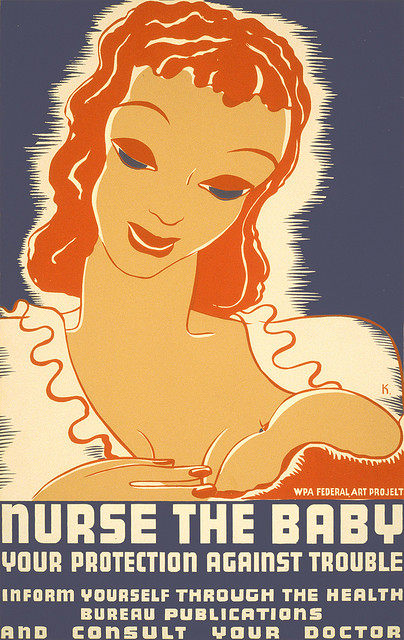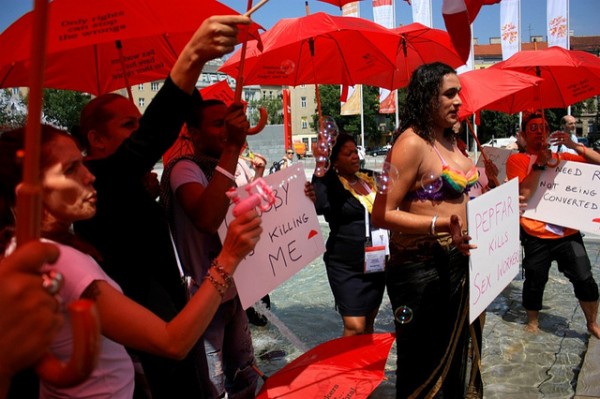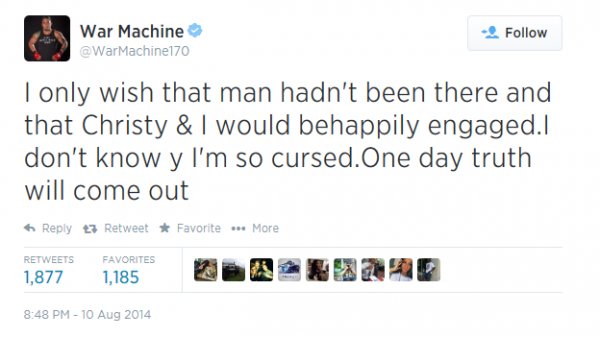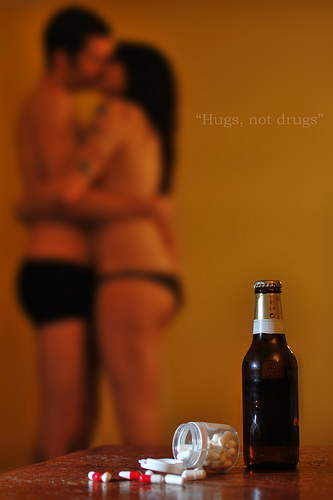Xin’Ai: Chinese Sex Workers Helping Each Other
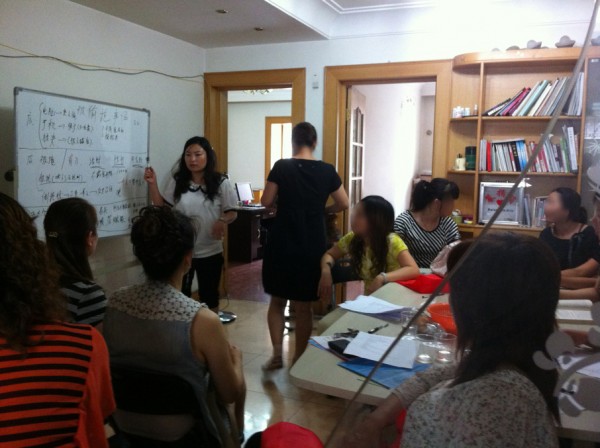
Willa Dong reached out to us as a translator/liason for Chinese sex worker activist Lanlan, who founded the Xin’Ai Home. We’re very happy to have Lanlan’s account of working to create and grow an NGO from the ground up. For more information on detainment of sex workers in China, as well as general background, read this report by Asia Catalyst, an organization that has worked with Lanlan in the past and to whose blog Dong has contributed to.
“Let us face disease, discrimination, the police, love, and family together because we are sisters. Let us welcome the rain, and embrace the sunshine!” –Excerpt from Xin’Ai’s blog
In May 2008, four sex workers established the Xin’Ai Home, a not-for-profit, nongovernmental organization, in the Dongli District of Tianjin, China. The organization was founded with the aims of promoting self-confidence and self-love, as well as fostering solidarity and mutual aid, to uphold the rights of female sex workers, eliminate violence against women, and increase awareness of women’s health. This organization primarily serves low-income female sex workers, including providing HIV/STD prevention workshops, health care referrals, training in vocational skills, violence prevention, and women’s legal issues. As of now, over 90% of female sex workers in Dongli District have received services from Xin’Ai, and around 3000 people in total have been reached. All of Xin’Ai’s staff members are women, and currently there are three full-time staff, two part-time staff and ten volunteers.
